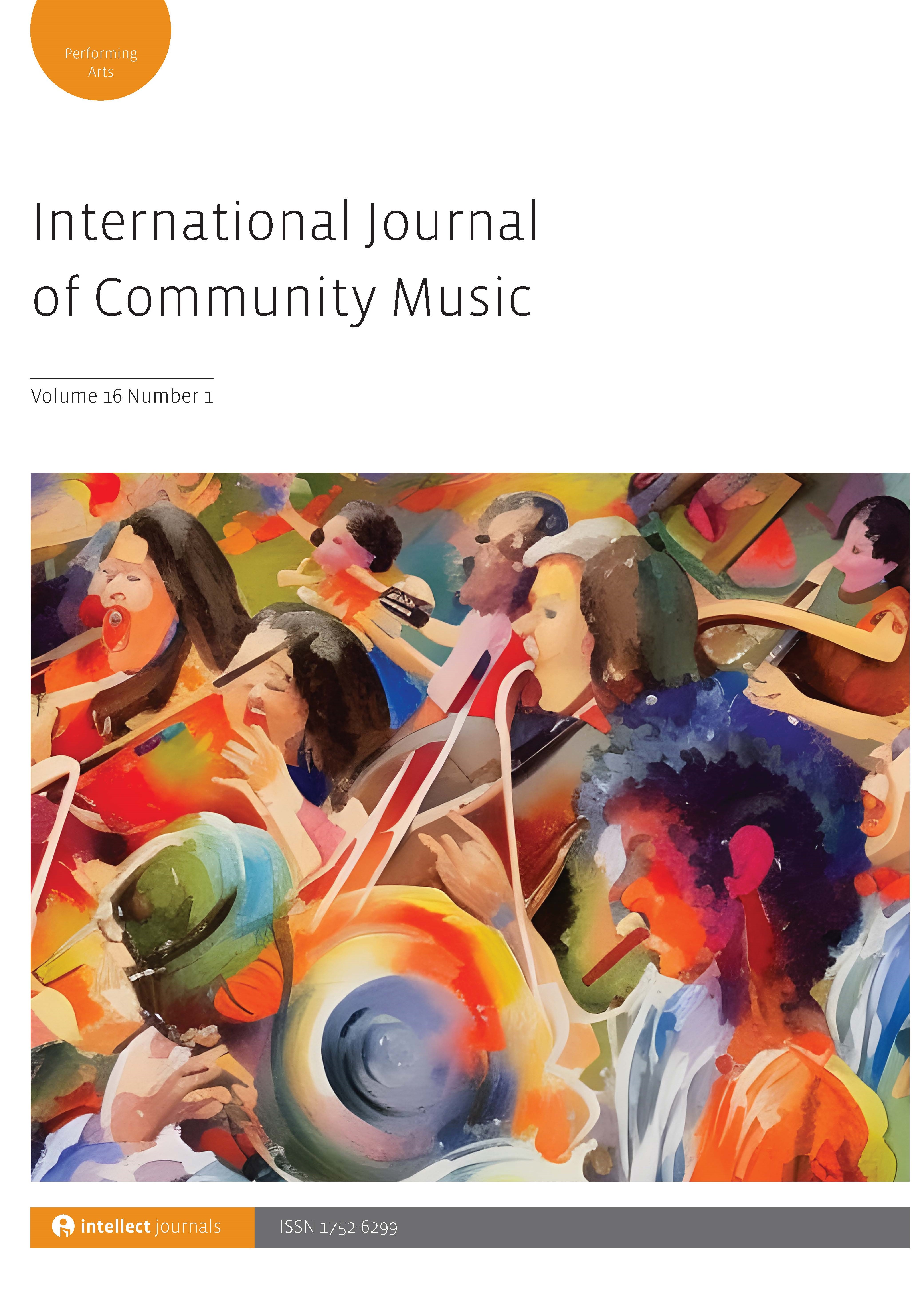
Full text loading...
 , Moshe Bensimon1
, Moshe Bensimon1 , Avi Gilboa1
, Avi Gilboa1
Although group drumming has been found to help improve well-being among marginalized populations, including incarcerated individuals, additional study into the possible benefits of drumming within maximum-security facilities is still required. This phenomenological study examines the experiences of fifteen maximum-security-incarcerated individuals who participated in a twelve-session group drumming and the meaning of this group for them. An analysis of interviews that took place after the sessions revealed three main categories: (1) perceptions regarding the djembe – describing how participants initially perceived the djembe as insufficiently masculine, but then changed their minds about this; (2) benevolent relationships – relating to the facilitators’ non-judgemental, non-patronizing and egalitarian approach within a joyful atmosphere, and how this filtered into the mutual relationships among group members; (3) revealing new possibilities – describing how participants were able to unmask themselves and discover new aspects of their peers, express emotions within a pleasurable and safe space and release aggression. This study suggests that the use of drumming groups as a rehabilitative tool may enable incarcerated individuals to shift from a hegemonic masculinity, that fosters aggression, toughness, boldness, violence and control of others, towards an alternative masculinity that encourages openness, respect, support and the expression of emotions.

Article metrics loading...

Full text loading...
References


Publication Date:
https://doi.org/10.1386/ijcm_00062_1 Published content will be available immediately after check-out or when it is released in case of a pre-order. Please make sure to be logged in to see all available purchase options.